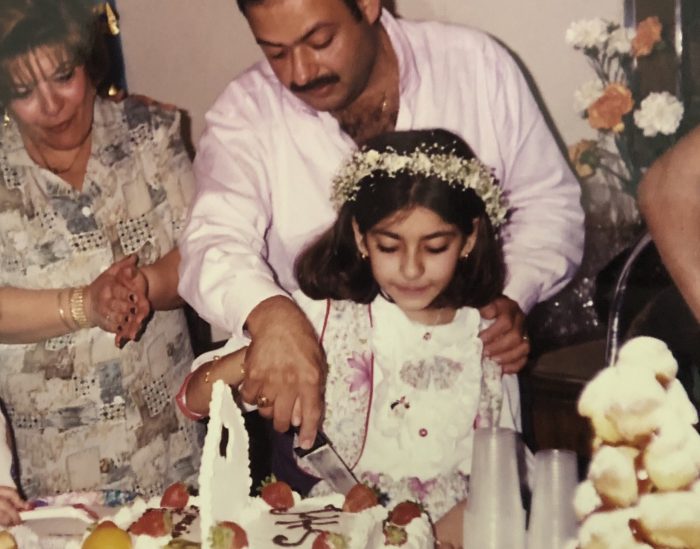While we were having coffee yesterday morning, Dad showed discomfort.
He admitted that he felt guilt and shame whenever he sat for too long doing nothing. He told me that he always feels the urge to get up and work—or do anything else, really.
I asked him why he felt this way, but he didn’t know why. All he said was, “This is starting to bother me. I feel like I deserve to rest, but I don’t know why I can’t give that to myself.”
I felt like digging into it, so I asked him if it had anything to do with his own mother and how she raised him.
His answer was a quick “yes.” He told me more about his childhood and upbringing, then he had an epiphany. Dad was silent for a moment, as he uncovered the “why” behind his mysterious behaviors.
Surprised, he asked me if his upbringing is related to his current feelings of guilt and shame.
I went on to explain how most of us suffer from childhood wounds and their long-term effects on our adulthood. He found the topic to be significantly interesting, so he asked Mom, who was sitting across from us, about her own childhood wound.
We also discussed it for a while, then he turned to me and asked me, “I know your mom and I did everything right, but I’m wondering, what’s your childhood wound? And how did it affect you as a grown-up?”
For me, that was a beautiful, yet shocking moment. I realized that I had the chance to discuss my childhood wounds with my own parents—a chance not everyone gets to have.
I told him that Mom and I had already solved our parent-child problems a long time ago. Mom was overly attached to me, and it hurt me badly in my 20s. Luckily, my mom has always been open to learning, listening, and growing. So when I confronted her about that problem, she admitted that overattachment was also hurting her.
Ever since, we’ve had a healthy relationship with no detrimental attachment.
Dad already knew about this, so he waited for me to tell him about the childhood wound he might have caused me. My heart started racing, and I almost told him to forget it. When I gathered my strength, I explained to him how his work created an emotional distance between us—what had caused me to pursue emotionally unavailable men for the better part of my life.
That was news to him. At that moment, I could feel his sadness. With teary eyes, he said to me, “I understand you. I went through the same thing with my own father.”
We both cried; we hugged; I explained to him about generational trauma and how it is passed down through generations; he made me promise him to break the pattern with my own future children.
Last year, my dad quit his work. He’s been home ever since, working on a new project. So it’s been more like 365 days since I have (truly) met my father. He’s my best friend now, and he’s also been working on his own childhood wounds.
I know it’s not easy to confront our parents with the wounds they had (unknowingly) caused us. Some of us can’t. Some of us won’t. But after that conversation with my father, I learned a valuable lesson:
It’s not their fault.
It’s so easy to keep blaming our parents. It’s easy to call them names. It’s easy to hate. What’s not easy, though, is understanding where they come from. We don’t even have to talk to them to know more about their past. Look at your own wound and you will spot the wound from which your mom or dad suffer.
I had no idea that my father and I shared the same wound. And I wouldn’t be surprised to know that my grandfather shared the same wound with his own father.
It was never my dad’s fault to be emotionally distant; he didn’t even know he was. He just wanted to provide for his family, to create financial security, and to keep a roof over our heads. The consequences of that were beyond his control—or knowledge.
We can’t change the past, but we can create a better future. It’s our choice today whether we want to pass down our generational traumas to our children or create a new generation with fewer traumas. What do you choose?
Forgive your parents. They truly didn’t know better. If you are still triggered by your parents, it’s not their fault or doing. And it’s not yours either. It’s trauma, and you need to address it.
~


 Share on bsky
Share on bsky





Read 22 comments and reply